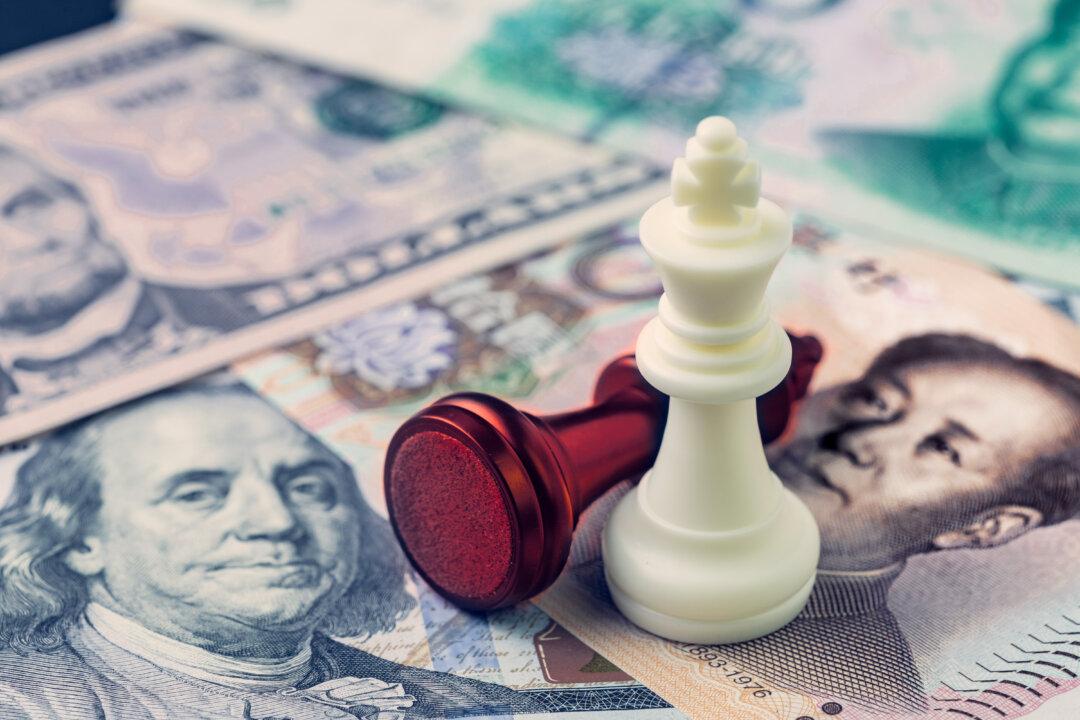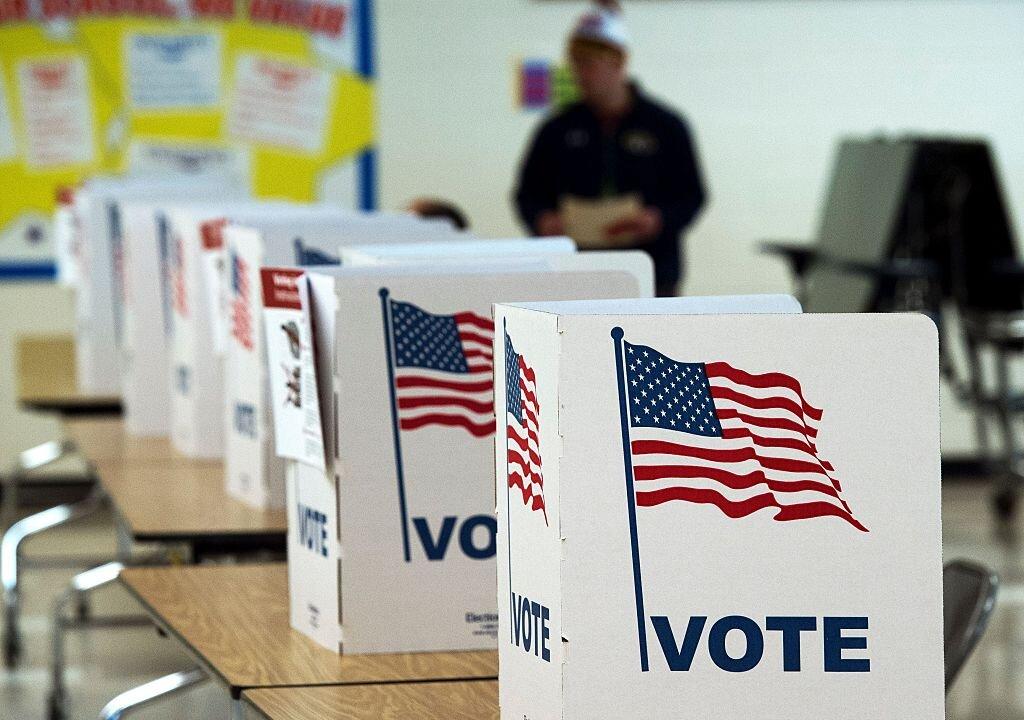Even before the United States starts a trade war with China, some have declared that China has won and President Trump has lost.
Keith Richburg, director of the University of Hong Kong’s Journalism and Media Studies Center, argues it is too late for the U.S. to fight back on trade.




